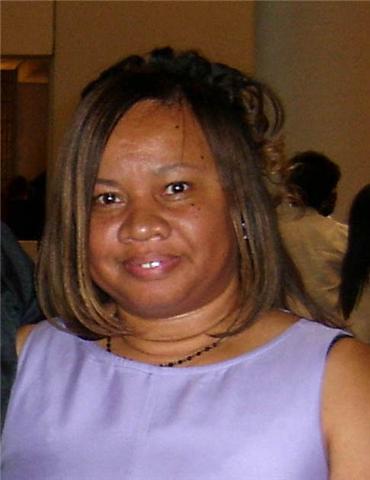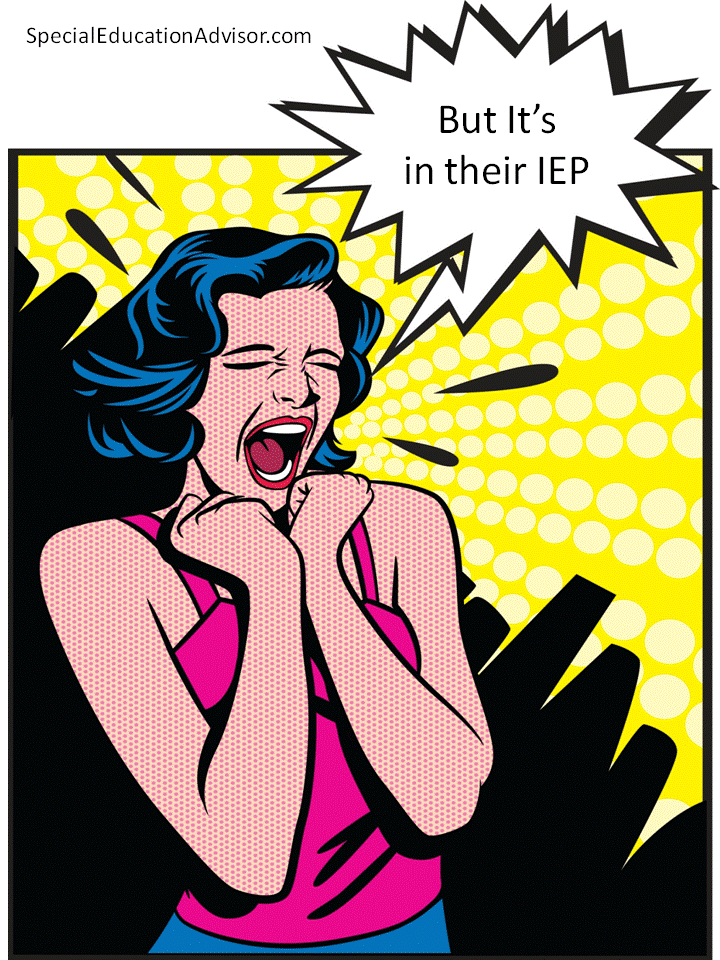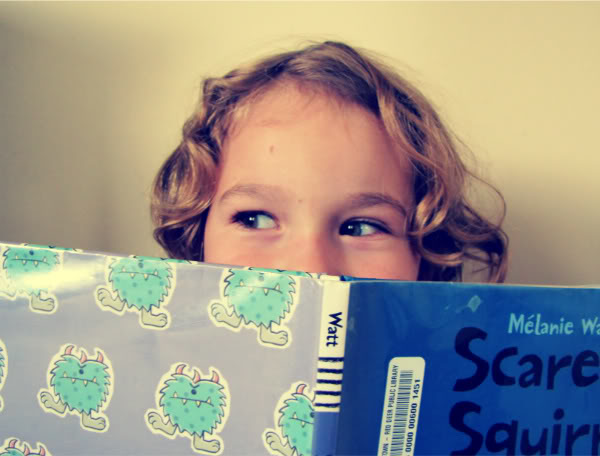This week we’re speaking with Rita Lorraine Hubbard, a former special education teacher with over 20 years of experience working with special needs children. Rita is also a children’s book author and founder of the children’s book review website, Picture Book Depot. Check out Rita’s writing at “Rita Writes History.” As if that weren’t enough to keep her busy, Rita Lorraine Hubbard also specializes in teaching sign language to new moms and babies. She stresses the importance of encouraging communication at an early age to facilitate academic progress, as well as social and emotional development. Today, Rita has shared a glimpse into the world of special ed classrooms. She discusses the importance of parental involvement in the classroom, as well as a typical day for a special ed student.
An IEP Review for Special Education
Individualized Education Program (IEP)If your child qualifies for free help in the special education program under the Individuals with Disabilities Education Act (IDEA), he will have an Individualized Education Program (IEP). This written document spells out the specific services to which he is entitled in school. The IEP team is required to review the IEP annually to determine if it still suits his needs. If it does not, the document will be modified. However, if you believe that your child’s IEP no longer suits his needs prior to the annual meeting, you can request an IEP meeting at any time. It’s a good idea to periodically look over the IEP to refresh your memory and decide if a change is in order. Mark your calendar every few months to remind you to review the IEP. The back-to-school season is one good time to do it.
Working with Schools: Successful Parent-Teacher Conferences
SchoolAlthough many parents know that working with schools is important, many of us also dread receiving a notice in the mail for a parent-teacher (PT) conference. While it’s certainly rewarding to hear that your child is excelling in math, for example, it’s also tough to sit there and listen to a teacher discuss your child’s behavioral problems or his short attention span. None of us want to hear someone else point out our children’s weak areas, but it’s important to remember that your child’s teacher really does have his best interests in mind.
Even if your school district is embroiled in politics and teacher strikes, teachers chose their profession for a very good reason – to help your child. Just as you receive constructive criticism at your job, use the teacher’s evaluation to improve upon the areas that need a little work. Working with schools in a partnership is critical for a child’s success in school, particularly when the child has a speech disorder or other issue. And remember that PT conferences are a two-way street: you can use the opportunity to instruct the teacher about your child.
Is Your Child Bored with Speech Therapy?
Speech Therapy TechniquesWe’ve all been there before: your toddler gets hungry or bored in the supermarket and throws an embarrassing temper tantrum in aisle 3. Or your teenage son starts getting fidgety during a dinner party and tries to stick his spoon to his nose. Kids will be kids, but what do you do when your child is bored with his speech therapy activities? If your child’s speech-language pathologist (SLP) has informed you that little Matthew seems to be slacking off in his efforts during speech therapy, he might be getting bored with the activities. Most kids crave entertainment and stimulation. Instead of trying to cajole your child to put in more effort, change the method of instruction. Talk with the SLP about the current activities she is using during speech therapy sessions and review what you’re doing at home. To keep your child engaged in learning, a change is definitely in order.
More Sight Words Apps
Language DevelopmentAs your child heads back to school this year, do your own homework to help keep him on the right track. Network with other parents and teachers at the Open House night and at parent-teacher conferences. Talk to his speech therapist about his progress and what you can do to help him at home. Beginning readers benefit from regular reading at home. As you read with your child, make a note of the words that he typically struggles with. Many of them are likely sight words, also called Dolch words. Sight words are the most frequently used words in English texts, but unfortunately, they can also be tricky for beginning readers to master. This is because many of them cannot be sounded out or visually illustrated. Your child must learn them “on sight.” Here are some apps that can help your beginning reader master sight words, accelerate his language development, and enhance his progress in school this year.





